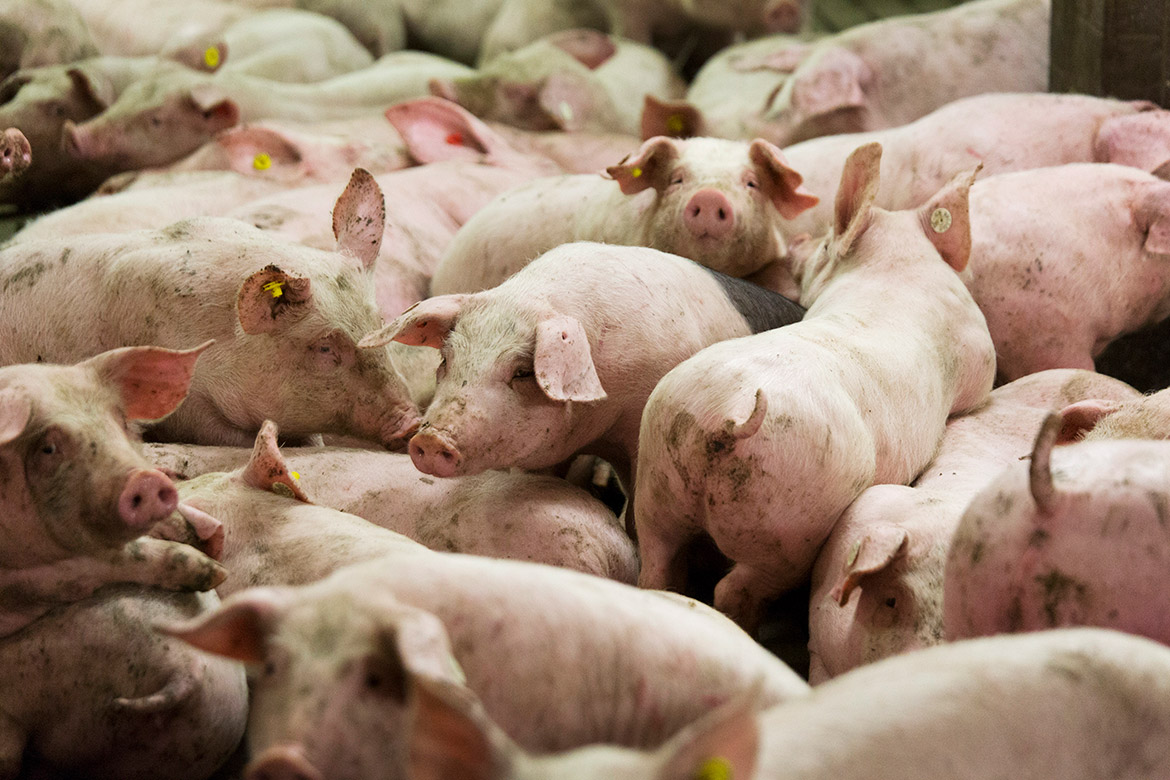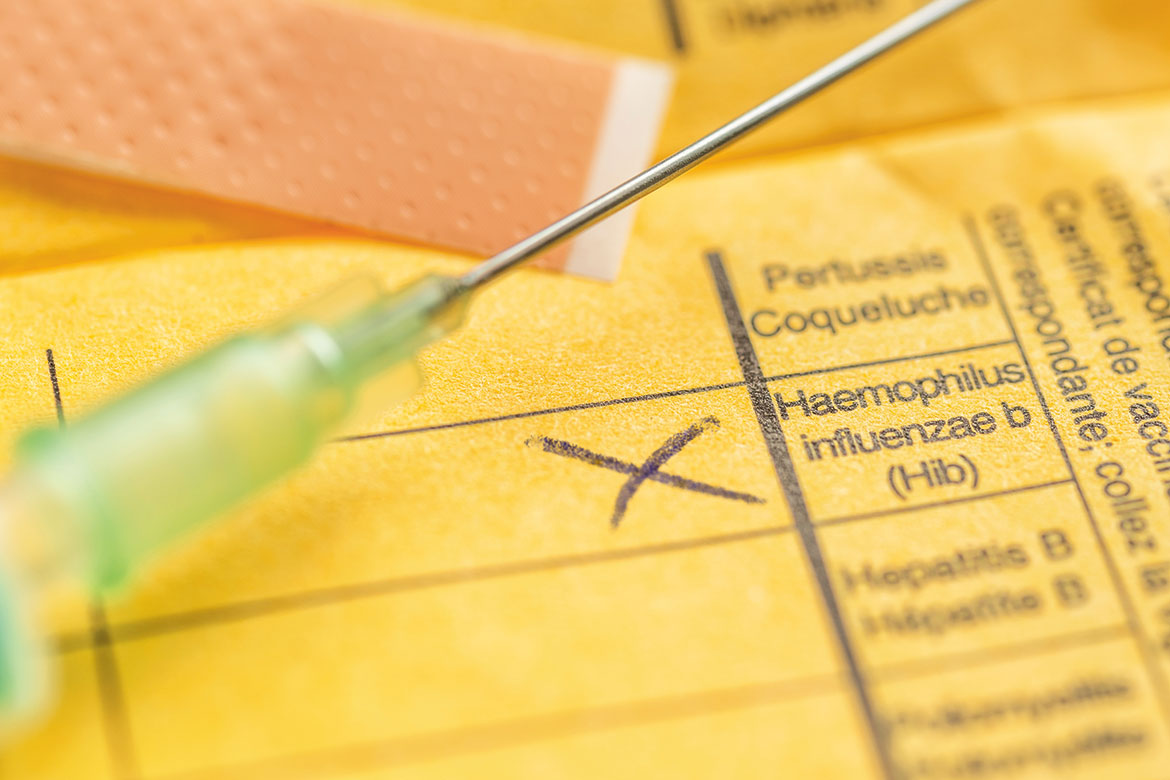ANTIBIOTIC RESISTANCE
An effective antibiotic tax for livestock
Taxation would be an appropriate means of reducing antibiotic use in agriculture.

Intensive pig-farming also uses too many antibiotics. | Image: Keystone
Across the world, the number of antibiotic-resistant bacteria in livestock is rising sharply. It’s a result of the excessive, inappropriate use of these drugs. This flood of antibiotics actually increases the risk of resistant pathogens being transmitted from farm animals to humans.
The problem is well known. The current guidelines of the World Health Organization (WHO), for example, recommend restricting individual antibiotic compounds and certain uses of them – such as for prophylactic purposes or to promote growth. However, many governments are finding it difficult to issue such bans. A research team at ETH Zurich has now shown that the use of veterinary antibiotics and the development of resistance to them could also both be limited by means of taxation.
Such taxes on veterinary antibiotics were introduced in Belgium and Denmark roughly ten years ago. “To the best of our knowledge, no one has ever investigated whether these taxes had the desired effect” says Alex Morgan, a postdoctoral researcher at the Department of Environmental Sciences at ETH Zurich. It’s difficult to differentiate the impact of such taxes from that of other measures that were implemented in these countries at the same time. However, Morgan has used models of his own to prove for the first-ever time that taxation could be just as effective as banning antibiotic use. He combined epidemiological models with fluctuations in the demand for antibiotics due to shifts in price. He tested three variants: taxes on individual classes of antibiotic; flat-rate taxes for all classes; and differential taxes in which classes with relatively high levels of resistance are taxed more heavily than others.
“All three options are potentially valid alternatives to banning antibiotics”, says Morgan. Countries with low budgets in particular could benefit from significant revenues, he says. A tax of 50 percent on current prices could generate an annual global revenue of around one billion US dollars.




